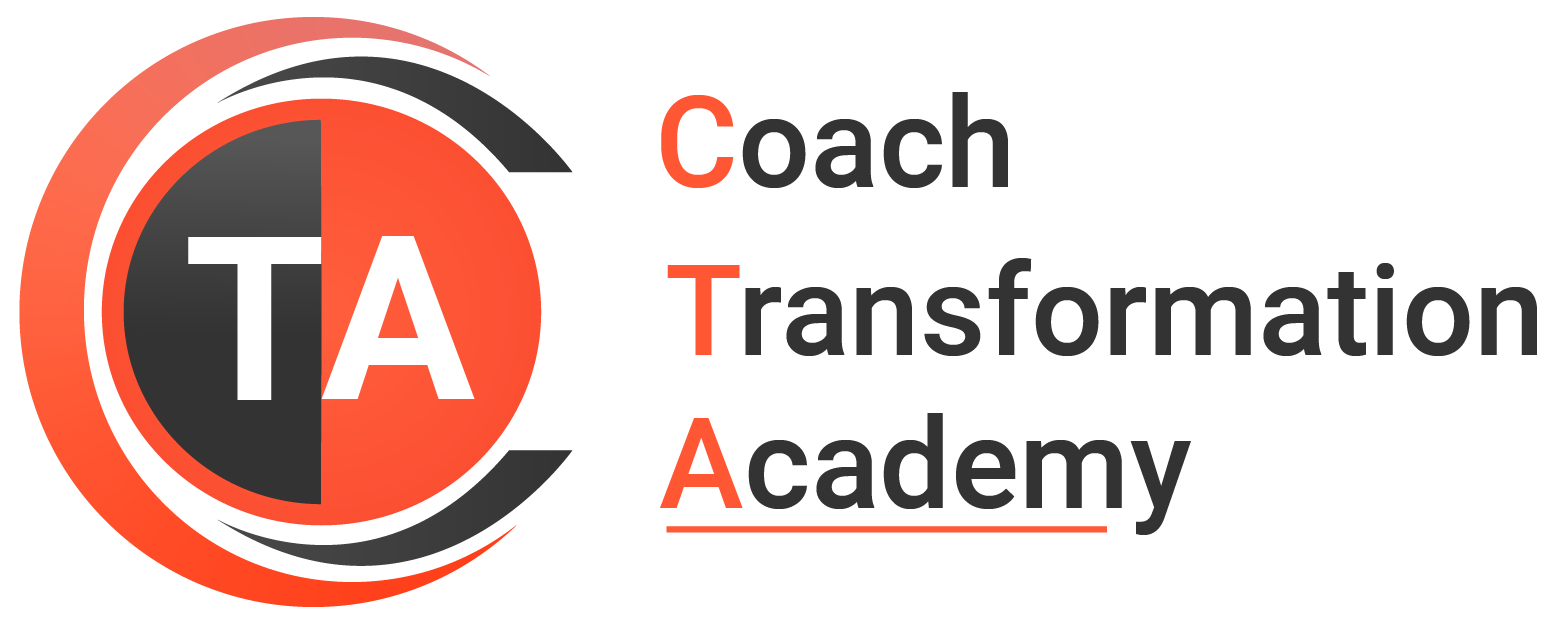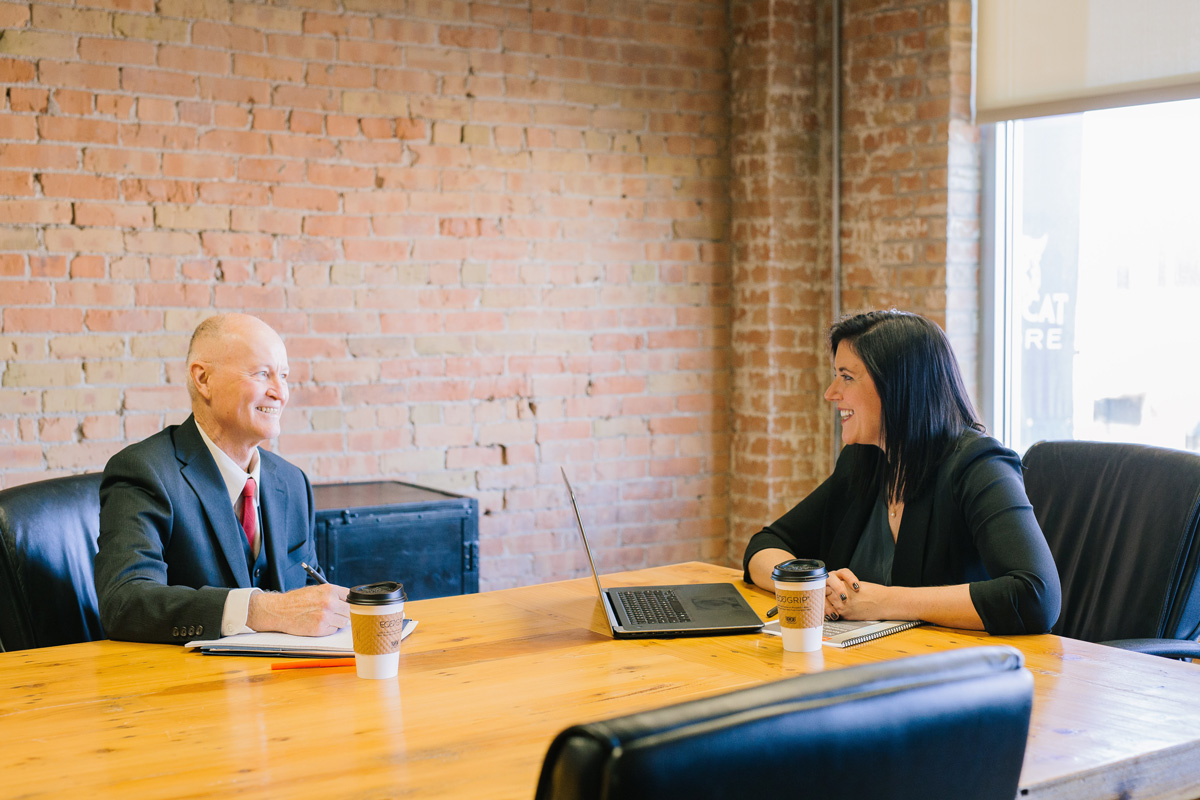Amazingly, I was already at the end of my learning journey. Many new things to understand, absorb, and consider that make me believe that there is a new world of coaching that is yet to be discovered. I am only scratching the surface. But frankly, the main thing I am observing now is the changes I have in my way of perceiving things. My transformation!
It is incredible how distorting what has been can affect the outcome. There is always this fight about “I said that and no, you said that, and understanding distort put me on the ease that it does happen, and our mind is playing tricks on us. I understood how filters may affect our communication and, worse, our judgment on people, hence, how we behave toward them.
Rapport was always an area of interest for me, and I was practicing it according to my limited knowledge from some time. I usually use the same tone of voice, gestures, and maybe some mirroring. Frankly, it happened naturally to me. Before the sessions, I learned the basics of rapport through videos sent to us with preparation material, and I learned more in the session. Then came practice time in me, playing the coach, and I was intentionally trying to mirror my colleague. Will! I would say I did not find myself succeeding in this, but I guess the rest of my body language did the rest. My outcome here is all the rapport techniques are great, but showing genuine interest is the key. I did not feel that my colleague was in any way, trying to mirror me. But we clicked.
Another interesting thing is that I noticed that all coaching pairs mentioned that there was rapport. I am not sure if this happened because we have been together for a day, or because we subconsciously want the rapport to happen. For me, I believe in my intuition. I know a match when I see it. The moment I looked at her, I know we will click. I am not sure if this can be used (intuition) in choosing clients to work with, since it may still be subjective, but only the experience will reveal that.
NLP is a topic which was widely used in my country, yet abused and misunderstood. NLP was also a new concept which I learned. The exercise we did and then the outcome of it made me realize that I personally use that with my children and another with my subordinate! Mainly because of the fear of confrontation! That was an AHA moment for me.
I enjoyed the first two sessions with my partner. I learned a lot from her, and this experience answered a question that popped in my head after my coaching session with Haris; if I like positive energy and brainstorming sessions of ideation, how will coaching fit in all this? But when I worked with my partner on her problem and saw the spark in her eyes, I realized that this can be a good fit for what I want. I also reached a solution when coaching me that I need to visualize how I can turn training into something with proper business positioning.
Emotional intelligence is a topic of interest to me. I learned that interruption is a sign of low EI and Oops! That was me! And I thought I had a high EI! An eye-opener was that I should value other emotions. As caring as I am, I tend to interrupt sometime to give my opinion. It is mostly because I get impatient, and I want to express my opinion. That is an area of development. I really need to understand its root and try to work on it. The EI assessment, which I took, set a clear foundation on my weakness and strength.
I also learned the importance of put the client or self to the adult or logical state. I have always thought that being in the parent state is logical because I am a parent, but I did not realize that being in the parent state is not being logical, and that is a crucial eye-opening moment to me.
While I was observing the coaching sessions, I realized that understanding the session’s goal is crucial, so is understanding the client. As I was observing the coaching session between other trainees. I was focusing on how one can lead another to reach the session’s goal, which is as I understood is “to change,” but he used other techniques such as giving her a solution because he knew his personality since he worked with him before. This indicates the importance of understanding the client’s way of thinking and needs, and of course, each client should be treated with a different strategy.
Observing Haris’ coaching session was a great learning opportunity. As easy as he makes it appear, it is challenging to choose the right questions. I also love Samina’s comments, it is incredible how she can notice the coaching sessions’ tiny details.
I am not much of a fan of playing games at training. Still, the games which we played at the beginning of each day managed to let all the trainee bond and even understand each other personalities. It showed the leaders, the aggressive leader, and followers.
Listening skills: I really admired the concept that if we want to create a safe place for others, blame myself. That is an inspiring idea because, in life, we usually use the blame technique to catch attention. Obviously, this is not a fruitful technique.
Generative listening techniques are the technique I aspire to develop in myself and reach the point where I can listen with my eyes, ears, and guts. The voice of fear was a point of relief to me. Understanding that there will be fear of not knowing what to do next or how to help the client put me on ease since this is an area of worry for me.
While watching the coaching sessions, I found that the way I perceived things or interpret them is slightly different from the other. I also caught myself pointing out at the early stages of the coaching sessions points, which I think can be an area of exploration for a solution. But I see that the coaches are overlooking it, and it may not be tackled after. This really frustrates me, since I am not sure if I can understand the concept of coaching or the technique itself! I also find myself failing to grasp body language, which is later pointed out by others.
On the other hand, one of the pitfalls I noticed that the coach fails to ask for clarification or definitions for some of the words the client used. This results in that the coach will continue the session with a particular assumption. While my partner was coaching me, which at the end, I reached to certain awareness which fear of failure. He struggled to understand what I meant by “beneath me,” yet he assumed something and continued the session. I believe it is important to ask the client, “what do you mean by it” or “what does it mean to you?” Definitions help the client to understand the words he/she is suing and sometime may tend to use other words after the definition because he finds that this is not the correct word to use express what is really happening.
I have to admit that as much that I am learning, I find it hard to absorb it all or connect the dots together. Being a client is comfortable, and I really enjoyed the coaching session and benefited from it. Yet, I found asking the right questions is the most challenging part and the core of the coaching sessions. On the other hand, listening with the eye, ear, and gut is the second crucial component. Listening without judging, assuming, or jumping to conclusions.




